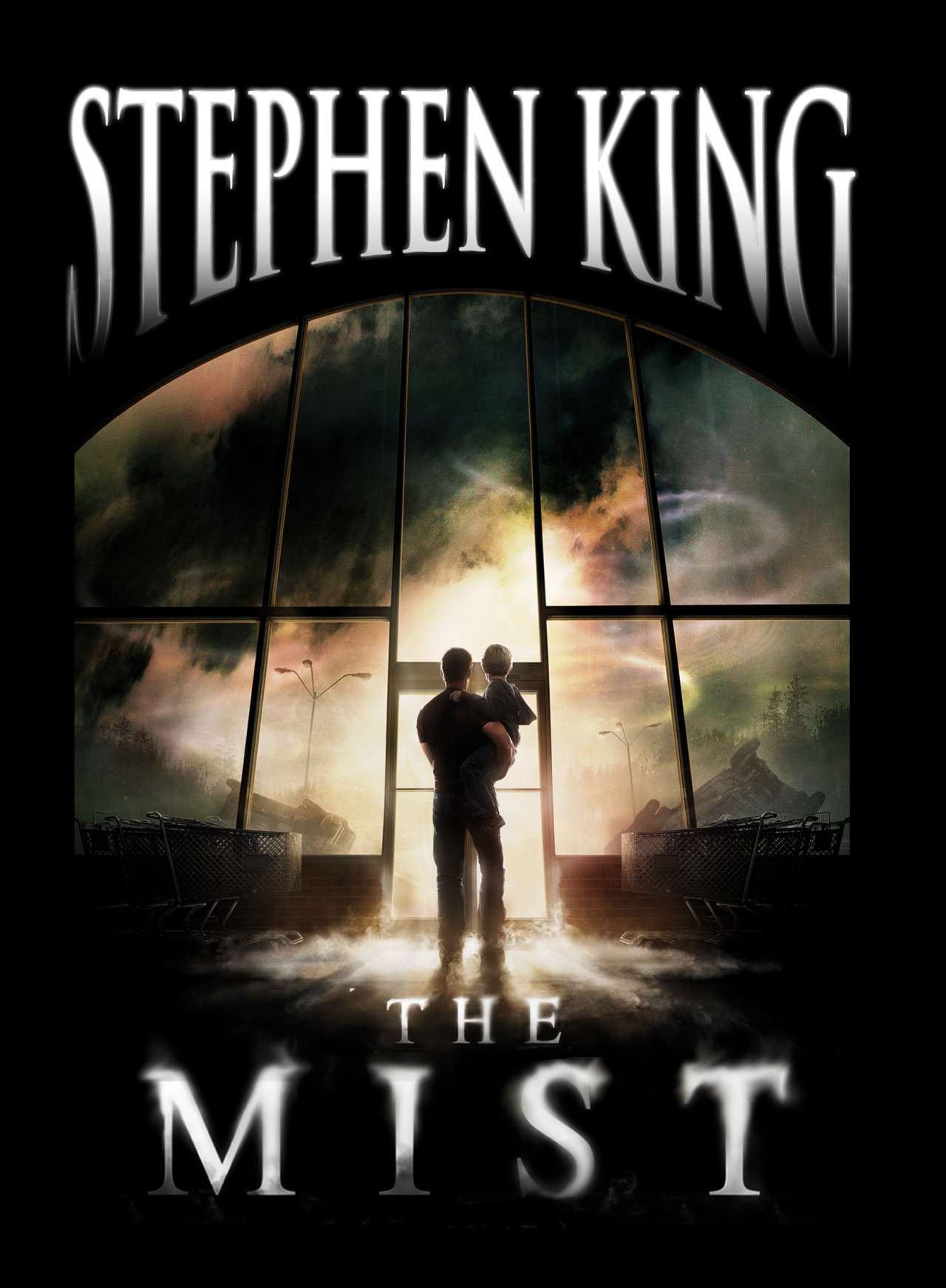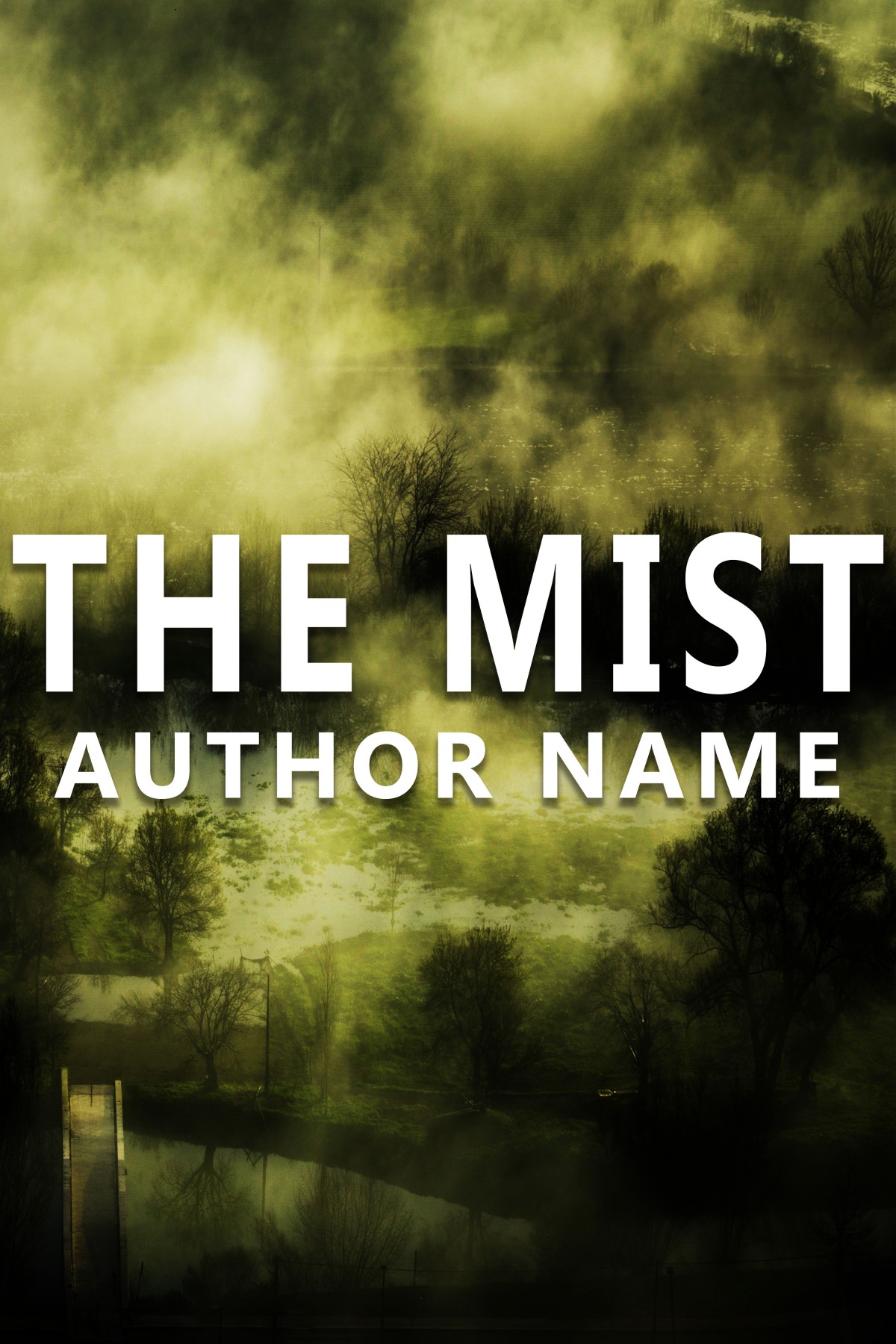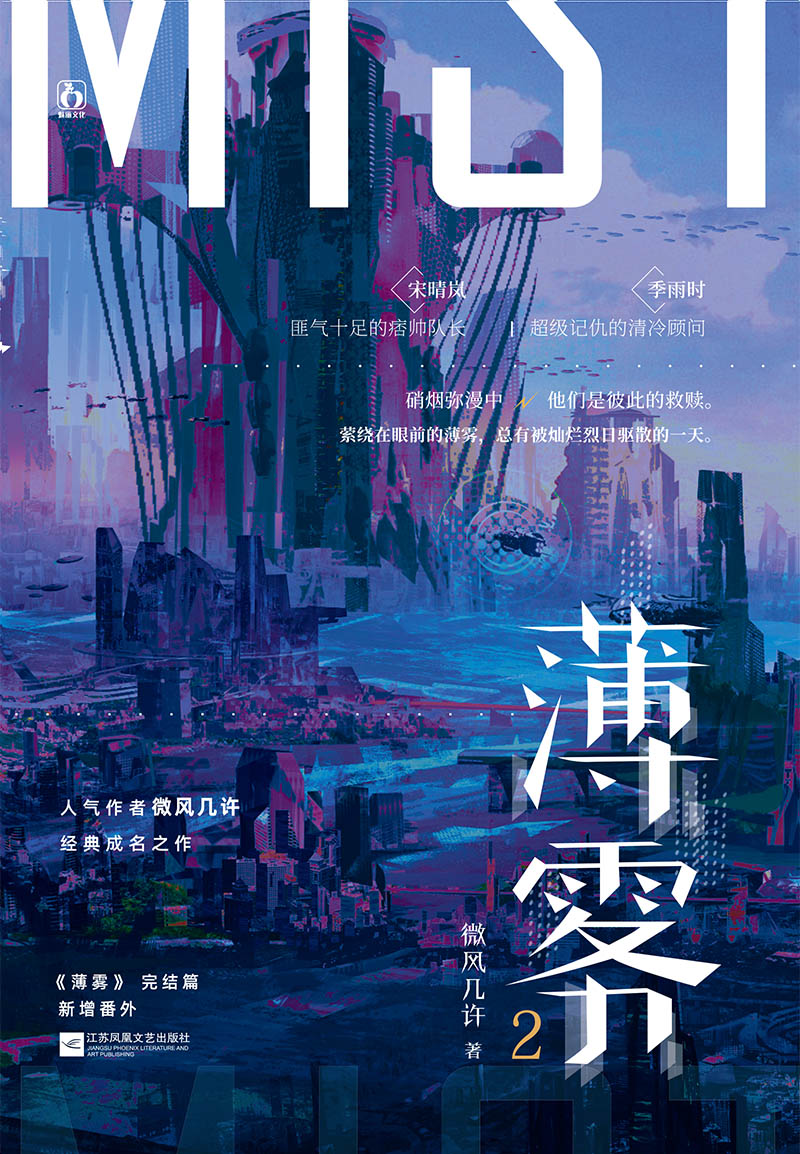Can Stephen King truly be considered one of the greatest storytellers of all time? A bold statement to make, but consider this: over six decades, he has penned more than 60 novels and 200 short stories that have sold hundreds of millions of copies worldwide. His influence extends far beyond literature, shaping entire genres and inspiring countless creators in film, television, and other media. If not a master storyteller, then what?
Stephen King's storytelling prowess lies not just in his ability to craft terrifying tales but also in his deep understanding of human nature. He taps into universal fears—fears of isolation, loss of control, and the unknown—and weaves them seamlessly into narratives that resonate with readers across cultures and generations. Take The Shining, for instance, where King explores themes of mental deterioration, addiction, and domestic abuse against the backdrop of an isolated hotel. Or The Dead Zone, which combines psychological horror with political intrigue, creating tension that keeps readers on edge from start to finish.
| Bio Data & Personal Information | Career & Professional Information |
|---|---|
| Name: Stephen Edwin King | Occupation: Author, Novelist, Screenwriter |
| Date of Birth: September 21, 1947 | Notable Works: The Shining, It, Misery, Carrie, The Stand |
| Place of Birth: Portland, Maine, USA | Total Books Published: Over 60 novels, 200+ short stories |
| Education: Bachelor’s Degree in English (University of Maine) | Awards: National Medal of Arts, Bram Stoker Award, World Fantasy Award |
| Spouse: Tabitha King (Author) | Website: StephenKing.com |
One of King's most iconic works, The Mist, exemplifies his talent for blending supernatural elements with human drama. In this novel, a small town is enveloped by a mysterious fog carrying deadly creatures. While the horror elements are undeniably gripping, it is the unraveling of relationships and the descent into paranoia among the characters that truly elevates the story. Interestingly, the ending of the book differs significantly from its film adaptation, sparking debates among fans about which version provides a more satisfying conclusion.
King's approach to endings has often been scrutinized. Critics argue that some of his works falter in their final acts, leaving readers unsatisfied or confused. However, this criticism overlooks the deliberate choices King makes as a writer. For example, in The Stand, one of his longest and most ambitious projects, the conclusion serves as a reflection of the cyclical nature of life and humanity's perpetual struggle between good and evil. Similarly, It, another monumental work, concludes with ambiguity, reinforcing the idea that evil can never be fully eradicated—it merely retreats, waiting for another opportunity to resurface.
Another fascinating aspect of King's methodology is his commitment to character development. Unlike many writers who prioritize plot above all else, King invests significant time in fleshing out his protagonists and antagonists alike. This dedication ensures that even when the supernatural takes center stage, the emotional stakes remain palpable. Consider Misery, where the relationship between novelist Paul Sheldon and his deranged fan Annie Wilkes becomes the crux of the narrative. Their interactions drive the tension, making the story far more compelling than any mere escape thriller.
In addition to his literary contributions, King has ventured into screenwriting and producing, further expanding his reach within the entertainment industry. His adaptations, such as the miniseries The Stand and the critically acclaimed TV series The Mist, demonstrate his adaptability as a creator. Yet, despite these successes, King remains humble, often attributing his achievements to hard work, persistence, and a love for storytelling.
For aspiring writers, King offers invaluable advice through both his fiction and non-fiction writings. In On Writing, part memoir and part instructional guide, he shares insights into his creative process, emphasizing the importance of discipline, revision, and embracing failure as part of growth. He stresses that writing is not merely about talent; it requires consistent effort and a willingness to learn from mistakes.
Returning to the question posed earlier—can Stephen King be called a master storyteller? The evidence overwhelmingly supports this claim. From his early breakthrough with Carrie to his continued relevance today, King has proven himself capable of crafting narratives that transcend genre boundaries and leave lasting impressions on audiences worldwide. Whether delving into the darkest corners of the human psyche or exploring the vast expanse of imagination, King consistently delivers stories that challenge, inspire, and terrify.
As discussions continue regarding which of his works qualifies as his magnum opus—It versus The Stand—one thing remains certain: Stephen King's impact on modern literature cannot be overstated. His ability to balance intricate plotting with profound character exploration sets him apart from peers and cements his legacy as a titan of contemporary fiction.
Beyond individual titles, King's oeuvre collectively paints a vivid picture of American life, culture, and anxieties. Through his words, he invites readers to confront their deepest fears while simultaneously offering glimpses of hope and resilience. This duality underscores why his stories endure long after their initial publication dates.
Ultimately, whether you're a lifelong fan or a newcomer to his world, there's no denying the power of Stephen King's storytelling. Each page turned reveals new layers of complexity, inviting deeper engagement and reflection. And perhaps that's the true mark of a master storyteller—not merely entertaining readers but challenging them to see the world through fresh eyes.



